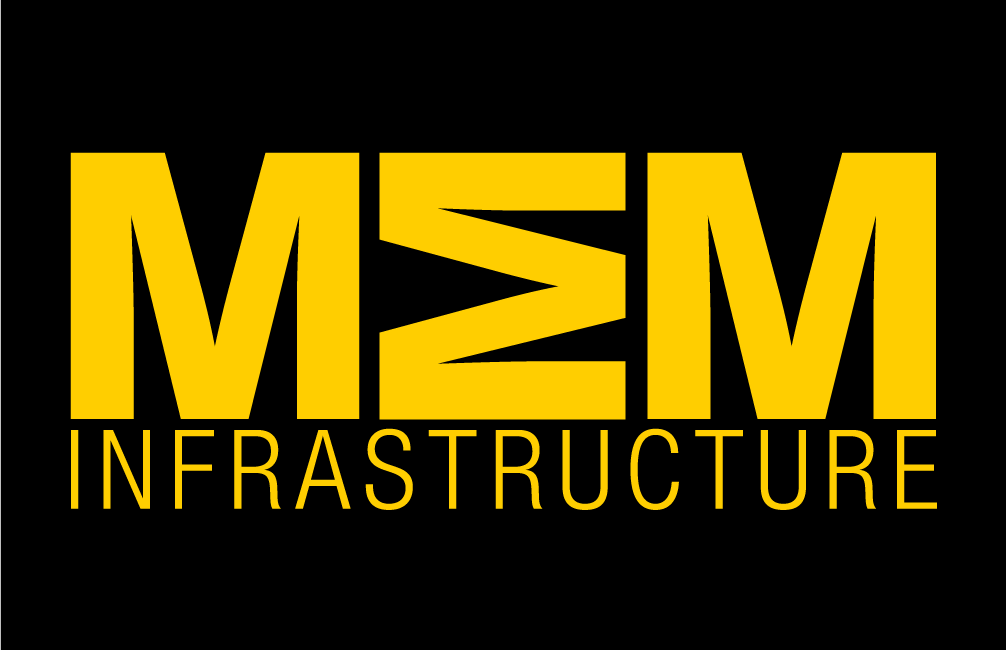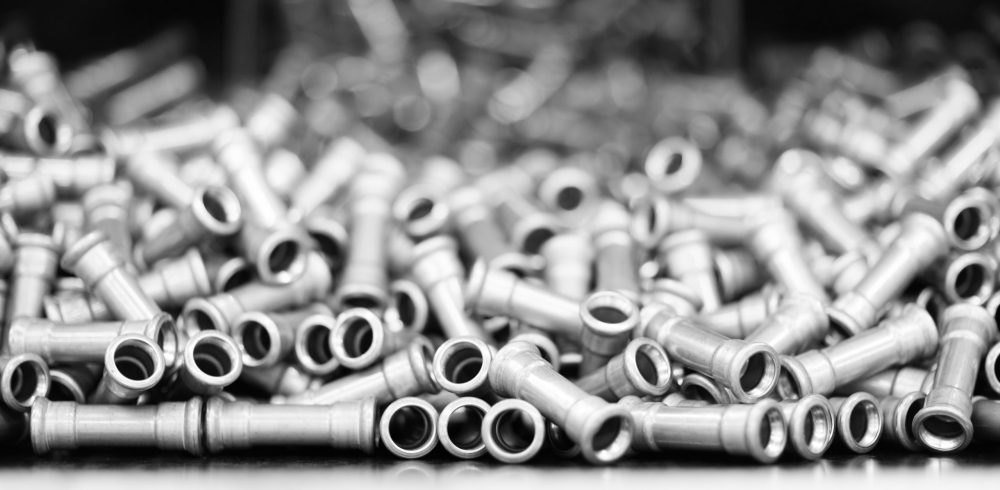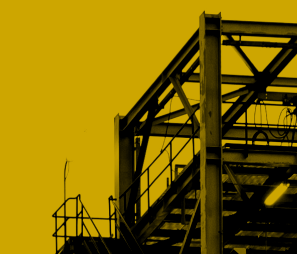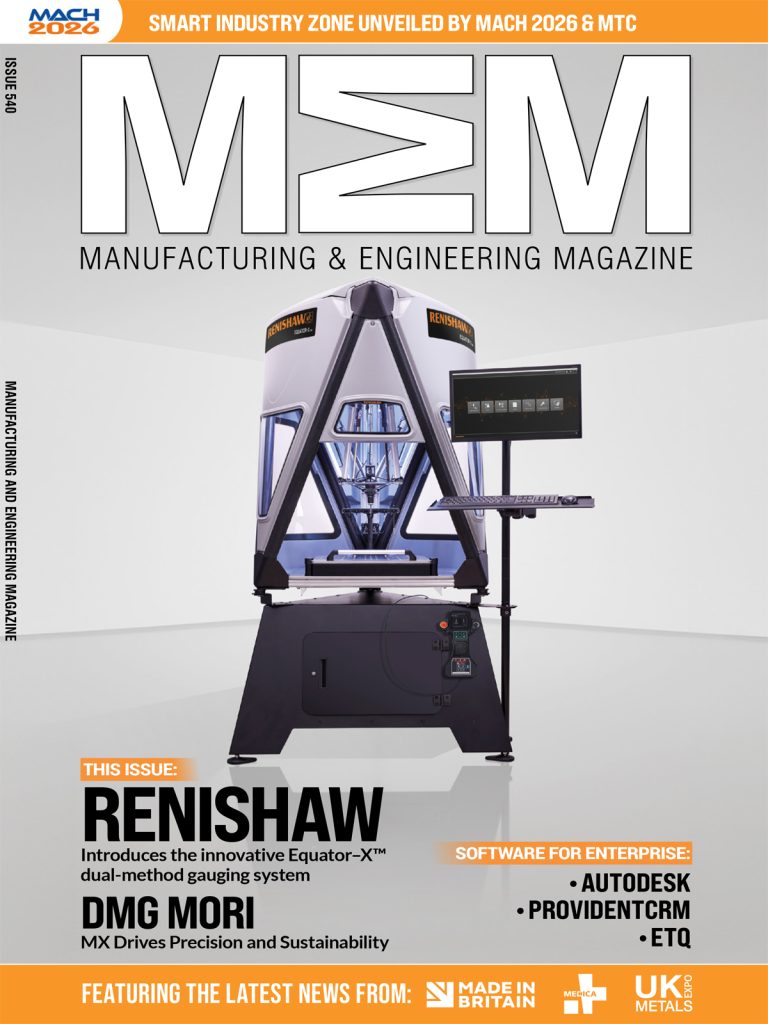Aalberts integrated piping systems UK, a leading manufacturer of advanced piping systems for the distribution and control of liquids and gases, and owners of the Pegler brand, manages an extensive product range exceeding 70,000 products. Efficient management and syndication of product data is critical for maintaining accuracy and meeting market demands and the manufacturer is certainly setting the bar high when it comes to product information management.
Wim Hunting, master data specialist at Aalberts integrated piping systems explains how the company handles diverse data sources and streamlines data transfer to Trimble Luckins, particularly focusing on a recent project to automate data delivery and improve update speeds.
Introduction
Internally, Aalberts integrated piping systems has invested hugely in a robust system to manage its product data which originates from various departments, including technical, engineering, manufacturing and product management. It is then consolidated, structured and housed in a PIM solution, managed by a Master Data team of four.
“We manage all our data in a very structured way. We all do it the same way and we say “when it’s not in the PIM, it doesn’t exist.” explains Wim.
Using the PIM platform as a single source of truth, Aalberts integrated piping systems then pushes data into various syndication platforms globally, alongside its own website, to reach consumers searching for specification details and pricing. Aalberts integrated piping systems has been using the Luckins network to syndicate product information and pricing data to the UK MEP distributors and contractors for over 30 years.
Challenge
“The complexity lies in the lack of universal standards for data transfer and the varying capabilities of data pools. While core product information doesn’t change much, pricing fluctuations and additional data like LCA information is continuously added.”
Before implementing an automated system, Aalberts integrated piping systems relied on Excel and BME CAT files for data transfer to Luckins. This manual process led to errors, duplication and significant delays in updating product information. “Demand for our product information is growing rapidly. The lack of a structured and automated approach hindered our ability to provide timely and accurate data, potentially impacting customer satisfaction and market competitiveness. We know that if a customer can’t find our full and comprehensive information on Luckins, they’ll look to our competition.”
Solution
Over the past couple of months, Aalberts integrated piping systems has worked with the team at Luckins to automate data transfer, moving away from manual file exchanges and the duplication of work this entails. This new system transfers data automatically, through an API, from the centralised PIM system to LUCKINSlive.com and the extensive Luckins syndication network. It facilitates quicker updates, with changes made in the PIM solution being reflected in the Luckins database each night and saves the Master Data team hours of work.
“While the initial setup required some time, the overall implementation was relatively easy. It ensures that our data is updated more efficiently, without hours spent manipulating files to map to the Luckins structure.”
Results
The implementation of the automated data transfer system yielded several key benefits:
- Faster updates: Data updates to Luckins now occur without manual intervention overnight.
- Improved data accuracy: Automation reduces the risk of errors associated with manual data transfer, ensuring more accurate information is available to customers.
- Enhanced customer service: Providing timely and accurate data helps meet market demands and enhances customer satisfaction.
- Streamlined operations: The automated system reduces the workload and potential issues associated with manual file management.
“I would tell other manufacturers to start by adopting a standard communication method with data pools and use standard product data classifications. This standardisation safeguards accurate data, enhances customer appreciation, and simplifies data exchange processes.” recommends Wim.
What’s next?
Aalberts integrated piping systems is approaching its product information management and syndication in a very pioneering way. “Standardisation and automation are helping us to be as efficient as possible so we can spend more time looking at the future need for data. I anticipate an increasing demand for data like LCA information, packaging specifics and material composition details. Establishing industry standards for this evolving data is crucial.”
To find out more information about managing your product information and pricing in the most efficient way, visit LUCKINSlive.com.
Manufacturing & Engineering Magazine | The Home of Manufacturing Industry News















